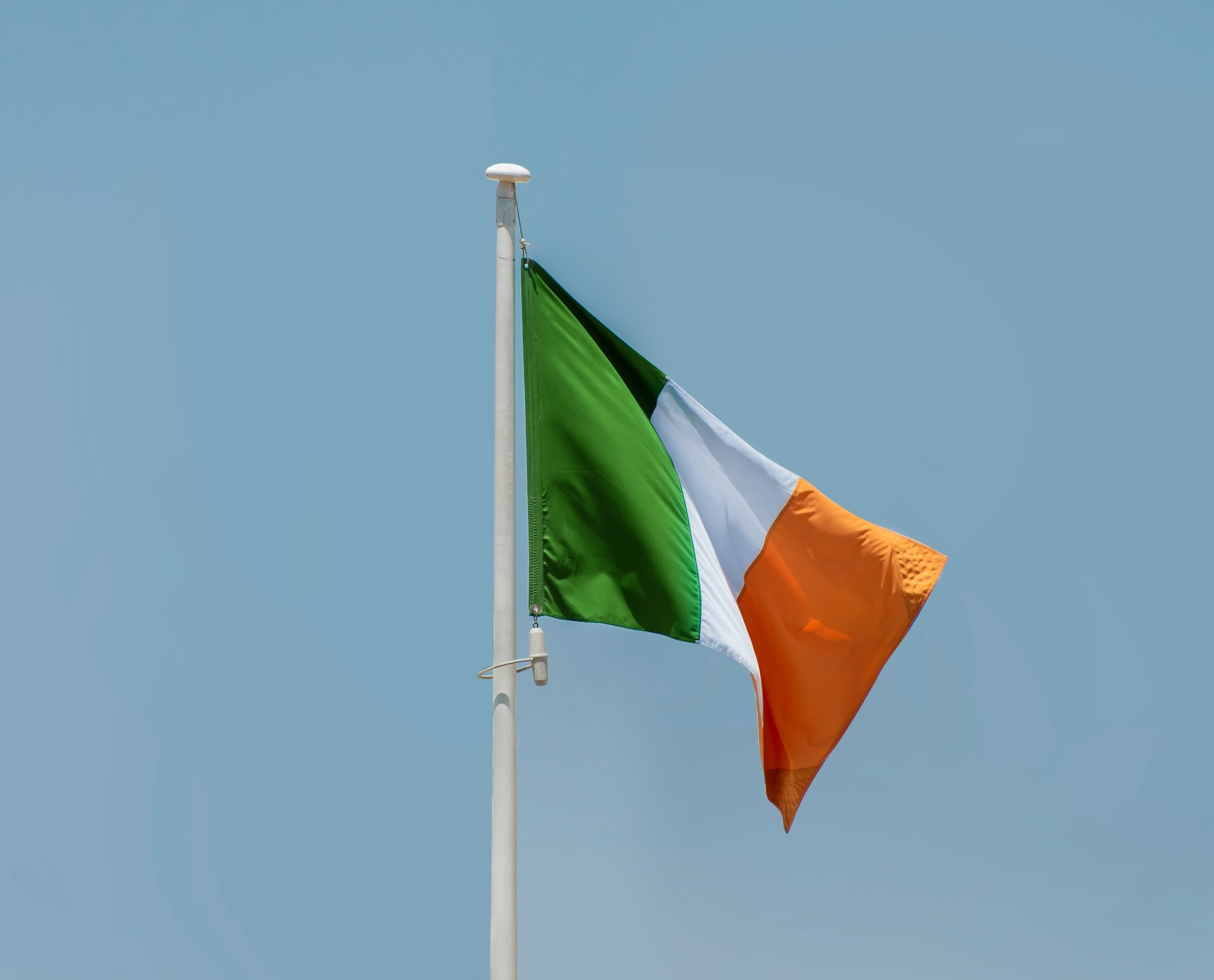The rise in anti-immigrant politics: will Ireland withstand the populist temptation?
In the week of the Irish general election, MPP student Eric Ehigie highlights the issues that have fueled tensions ahead of the election.

On Friday 29 November 2024 a general election will take place in the Republic of Ireland.
Along with pressing concerns such as the cost of living, housing affordability, waiting lists in health care and homelessness, another issue has caught the attention of marginal and mainstream political actors alike – immigration. This, in a nation that characterises itself through the Irish saying, “céad míle fáilte” - meaning, a hundred thousand welcomes.
Immigration is not a subject that is alien to Irish political discourse. In 2004 a plebiscite amended the Irish constitution such that those born on the island of Ireland, ipso facto, were no longer entitled to Irish citizenship. Many condemned the rhetoric leading up to this referendum as being inspired by racial animus and discrimination. Ivana Bacik, current leader of Ireland’s Labour Party, claimed that the “xenophobic campaign” preceding the referendum was a “shameful period” in Irish history. She condemned the overexaggerated claims of “maternity tourism” in the buildup to the vote – the belief that mothers travel to Ireland to give birth for the purpose of gaining citizenship for their children – and lambasted the treatment of African voters, some of whom were booed on polling day.
Anti-immigrant skirmishes
What demarcates the current moment from the citizenship referendum is the convergence of complex political challenges, such as a housing crisis, which make the issue of immigration especially contentious in this next election. This convergence of factors has led to serious anti-immigrant skirmishes across the country. Between November 2018 and 26 July 2024, 31 properties or locations connected, or rumoured of being connected, to asylum seekers or international protection applicants were set on fire. One of the burned properties was in Coolock, a suburban area in North Dublin, where protests outside the property escalated to violence towards police officers. Earlier in the same week of the protests, asylum seekers from Somalia and Palestine were attacked with knives and pipes.
The most notable burst of anti-migrant furor came in what has now been infamously called the “Dublin riots.” On 24 November 2023, three young children and their carer were stabbed, leading to a large-scale riot which set Dublin aflame with severe damage done to private and public property. Between the tragic attacks on the three children and the subsequent riots, gross misinformation was spread about the identity of the attacker, with dehumanising language used to describe immigrants. Significant public figures condemned the riots, including Commissioner of the Irish police force, Drew Harris, who associated the rioting with "a lunatic, hooligan faction driven by a far-right ideology".
More recently, there have been successive protests in the Irish town of Athlone against plans by the Department of Integration to establish temporary accommodation for 1,000 male asylum seekers in the town. Placards held up by protestors read “child safety before profit” and “our government hates women”, implying that an intrinsic quality of the asylum seekers – presumably their maleness, their status as non-Irish people, or both – brings about some kind of danger.
The racist element in the rising anti-immigrant sentiment is crystal clear. However, due to the unprecedented political and economic challenges facing the country, the sentiment cannot be understood solely in the light of discriminatory moral panic. This is especially as many of those who have been at the forefront of protests and riots come from deprived, working-class communities. This is why an effective political response is critical.
The political response
Looking to the commitments of the three major political parties on immigration, Fine Gael, one of the government parties, uses rather strict language to outline their immigration policy, with the party stating that they hope to achieve a “fair and firmer system”. Their goals include “stronger border security.” Fianna Fail, the other dominant party in Irish politics, has iterated the aim of effectively managing “migration pressures”, including establishing a new Border Management Agency to enable security at ports of entry. While Sinn Féin, the main opposition party, has called for “audits” of services in communities where international protection seeker accommodation centres are set up.
My hope is that ... the incoming government addresses the underlying structural challenges and works to achieve social cohesion ...
It is hard to believe that the references to immigration in the policy pledges of the three largest political parties in Ireland were not curated with the anti-immigrant agitation that has swept the country in mind. My hope is that rather than ceding to the base instincts of in-group, out-group thinking that forms a prominent part of the agitation, the incoming government addresses the underlying structural challenges and works to achieve social cohesion across Ireland’s diversity, so that Ireland can truly be the land of céad míle fáilte.
Eric is a George Moore Scholar.

